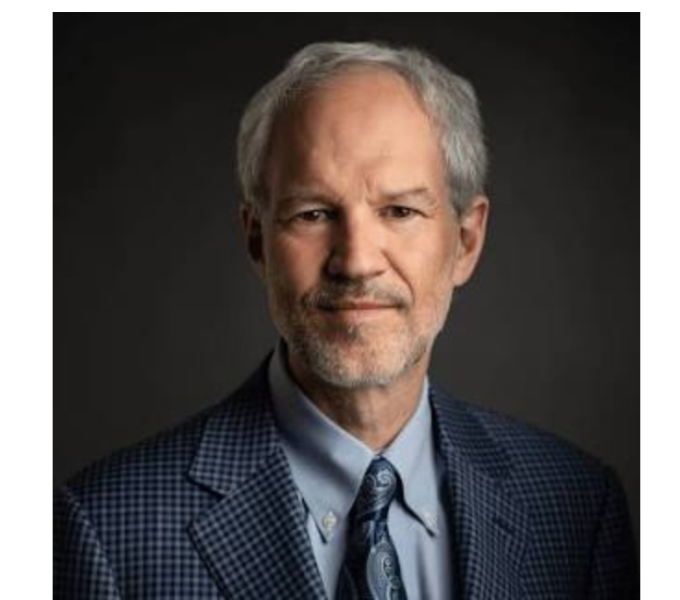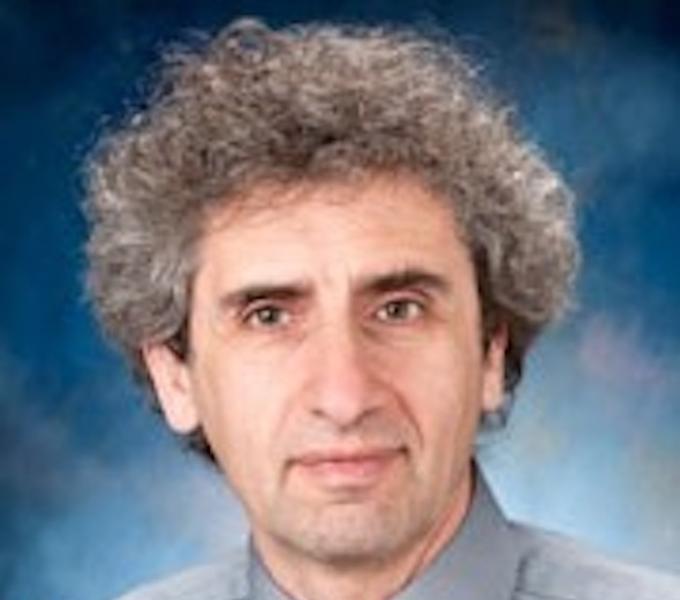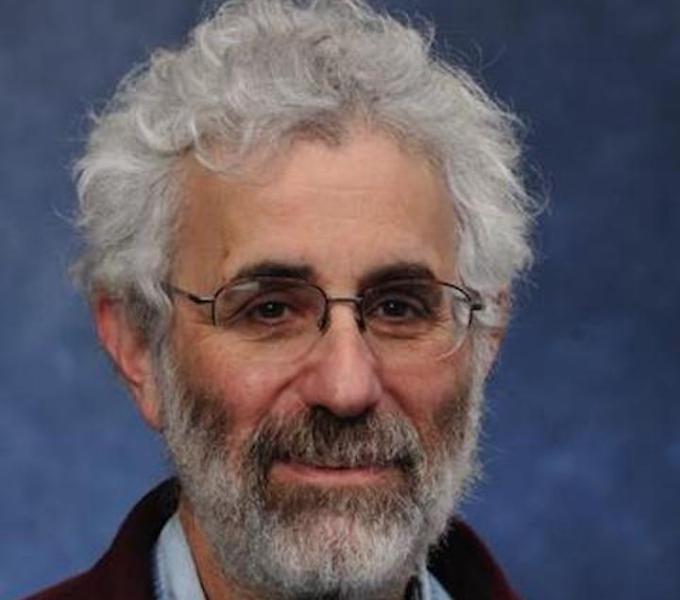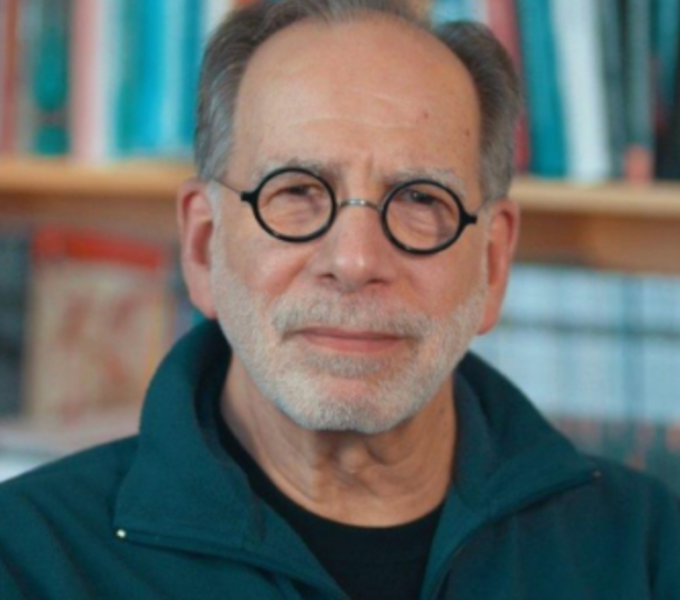Affiliated Faculty
This list of affiliated investigators can help you identify potential research mentors at the University of Pittsburgh. PSTP students can, and do, work with mentors not on this list, but the investigators featured below have expressed interest in hosting PSTP students in their laboratories.

Endogenous danger signals promoting recovery following ischemic muscle injury; Inflammatory biomarkers in patients with venous disease

Neural mechanisms underlying complex sound perception in health and disease.

Our lab focuses on molecular mechanisms underlying placental development and its function in supporting fetal growth and maternal-fetal communication.

The Saloman lab uses basic, translational, and clinical research approaches to investigate neural mechanisms and circuits involved in pain, cancer, and immunity.

My laboratory is interested in understanding congenital heart disease using translational models that relate clinical findings to in vitro systems, so as to further elucidate molecular and cellular mechanisms that contribute towards congenital heart disease. We use induced pluripotent stem cells (iPSCs) and gene editing to create clinically relevant biological models of congenital heart disease.

Lipid signaling mediators associated with inflammation

My research program is focused on studying mechanisms of immune dysregulation by focusing on two areas: I work on the biology of interleukin 9 (IL-9) regulation/signaling in rheumatic diseases, and I study patients with rare monogenic diseases as “real world” models of immune dysregulation.

Innate immune responses to sterile injury and infection with a focus on inflammasome activation and immune activation by endogenous danger signals

Studying Epstein-Barr virus molecular pathogenesis in the nasopharynx using 3-D cell air-liquid interface culture models.

Dr. Shea utilizes microfluidic models and other flow-based assays to study hemostasis in the context of trauma and transfusion medicine. Dr. Shea is also interested in arterial thrombosis and thrombolysis.

Understanding the mechanisms by which mitochondrial function is regulated, particularly by reactive oxygen and nitrogen species and the contribution of these mechanisms to cardiovascular health and disease pathogenesis

My lab is interested in the establishment of long term B cell immunity and in pathogenesis of systemic autoimmune diseases and graft vs host disease.

Cardiac structure-function: contractile/regulatory proteins, post-translational regulation, dyssynchrony

Understanding of biological and clinical significance of tumor innervation and revealing neuroimmunological pathways controlling tumor spreading and metastasis formation

Dr. Sims-Lucas’ program focuses on acute kidney injury as well as the mechanisms that lead to predisposition to injury.

Non-receptor protein-tyrosine kinase structure, regulation and signal transduction in cancer, AIDS, and embryonic stem cell biology

The Snyder lab studies the role of T cells in lung health and disease, focusing on pulmonary fibrosis and rejection after lung transplantation.

Mechanisms and functional role of endocytic trafficking of EGF receptor in cancer cells and the dopamine transporter in the brain

Biomarker discovery, beneficial effects of mechanical loading, & implementation in targeted exercise therapies for musculoskeletal conditions

Characterizing the underlying pathobiology of vascular disease, concentrating on defining the mechanisms that drive vascular and valvular calcification and remodeling during aging and disease states

We leverage molecular biology, human genetics, animal models, stable isotope tracers, imaging mass spectrometry, and human translational studies to discover cellular, molecular, and metabolic determinants of diseases of aging ranging from diabetes to cancer.

Mechanisms of white blood cell differentiation & its inhibition in leukemias; Mechanisms of stem cell differentiation & growth control

Image-guided surgery, medical image analysis, medical robotics, haptics, augmented reality, devices for visually impaired, music engineering

Angiogenesis and vascularization events in liver regeneration and remodeling

The Straub laboratory investigates redox cell signaling mechanisms that control endothelial and smooth muscle biology in the microcirculation.

The control of voluntary movement by the cerebral cortex; The functional organization of the basal ganglia and cerebellum; Unraveling the circuitry of the central nervous system

My research program is focused on investigating the mechanisms that drive divergence from healthy aging towards neurodegenerative disorders with a primary focus on Alzheimer’s disease; in order to develop and implement effective translational approaches towards identifying potential disease- and symptom-modifying therapies.

Understanding the role of ion transporter proteins (sodium-potassium-chloride cotransporter, sodium/proton exchanger, and sodium/calcium exchangers) in ionic dysregulation and neurodegeneration associated with stroke and hypoxic ischemic encephalopathy

Central neural control of the autonomic nervous system and cardiovascular function; neurobiology of nicotine pharmacology

Loss and altered plasticity of auditory cortex synapses in schizophrenia; Mediators of vulnerability to psychosis in Alzheimer disease
